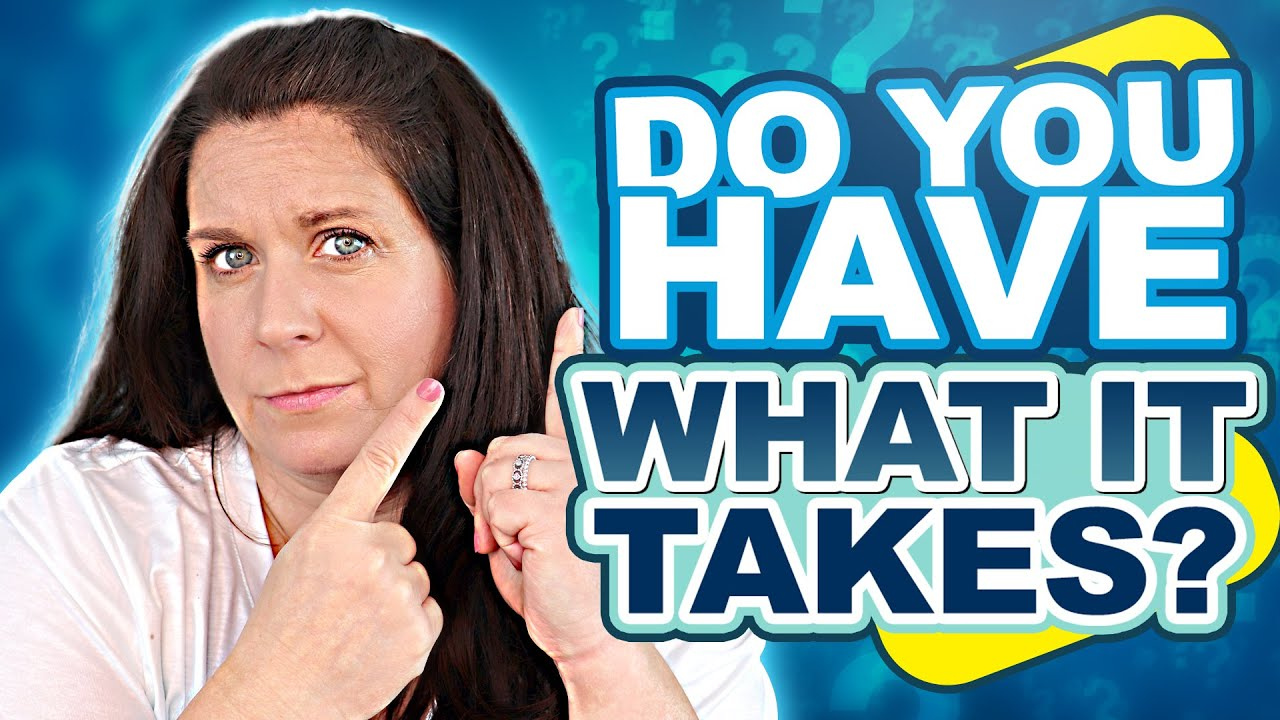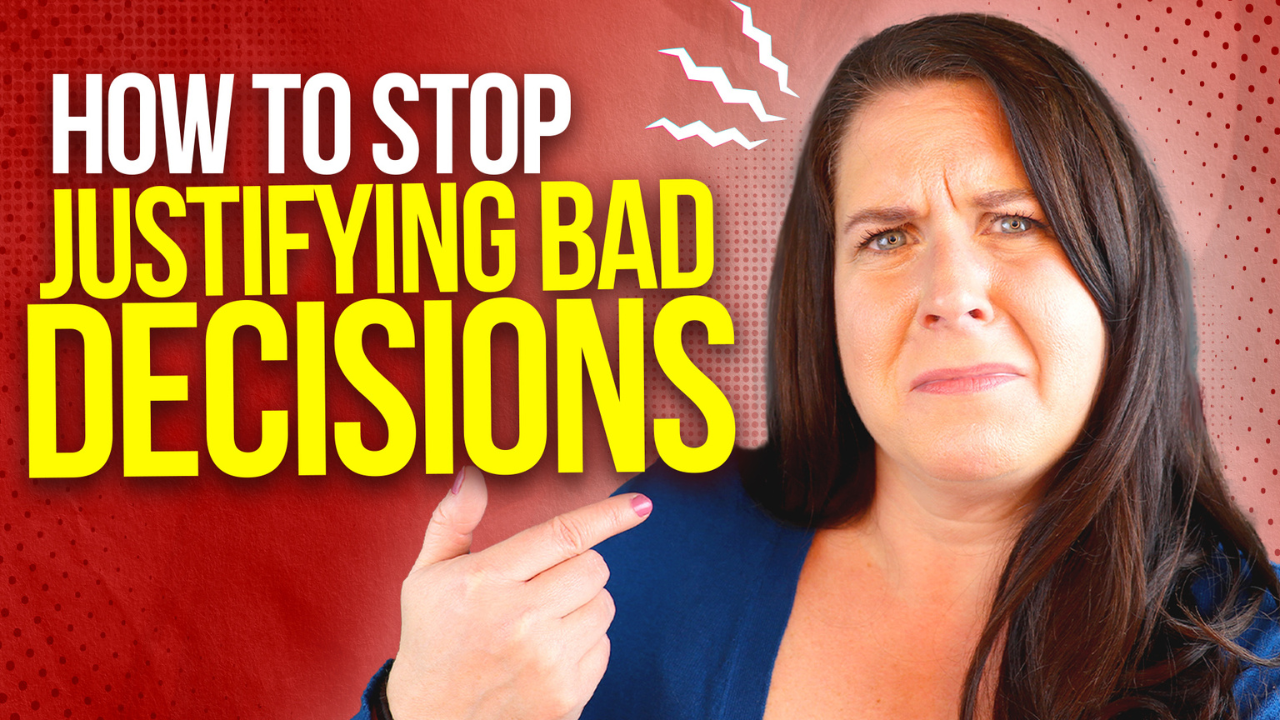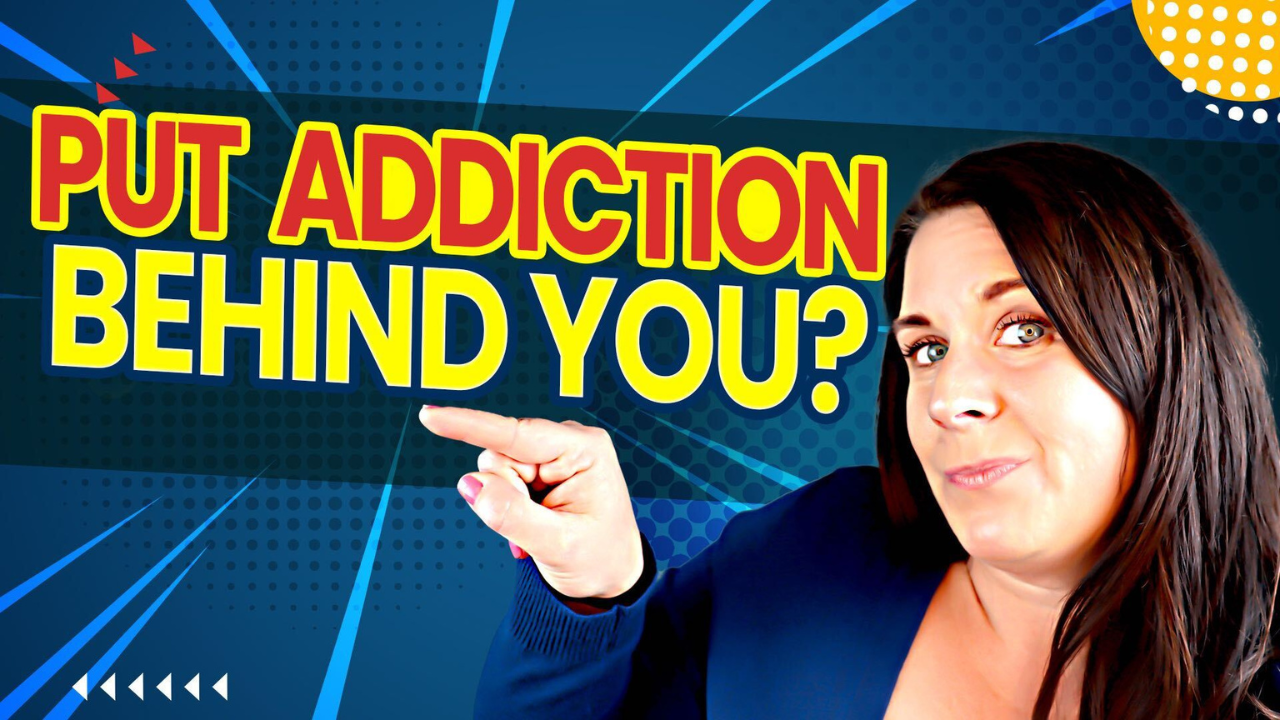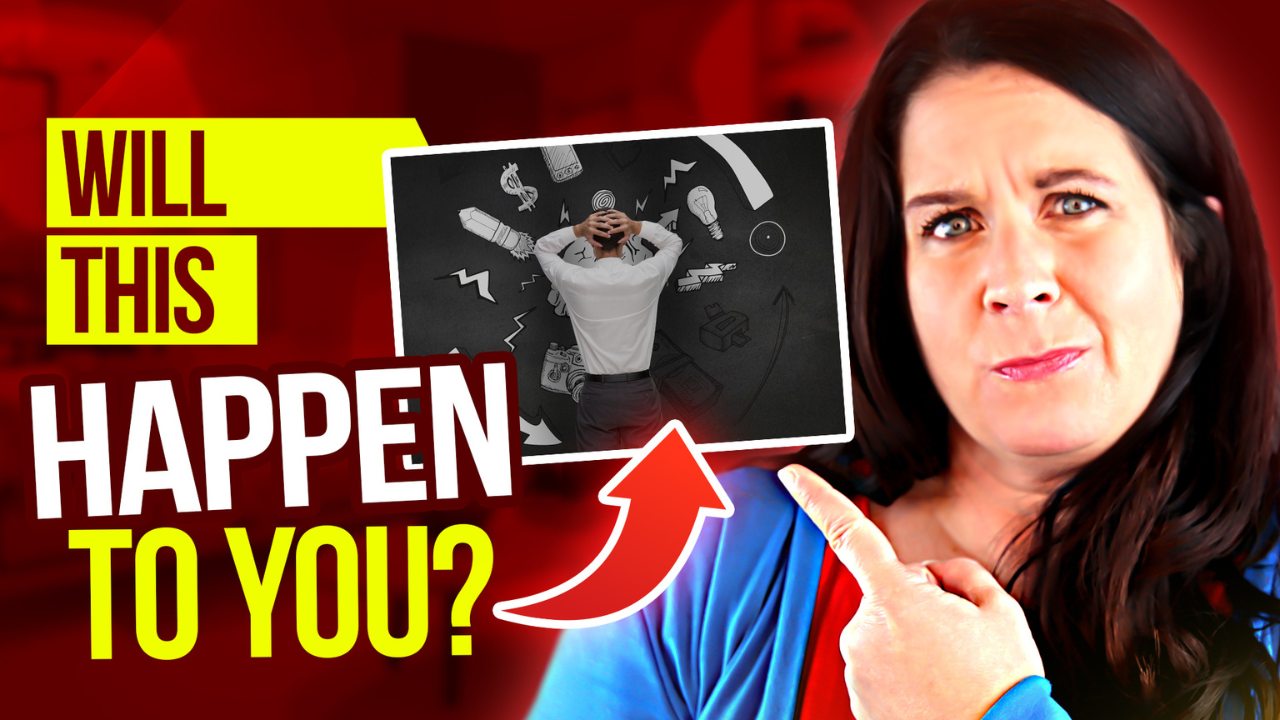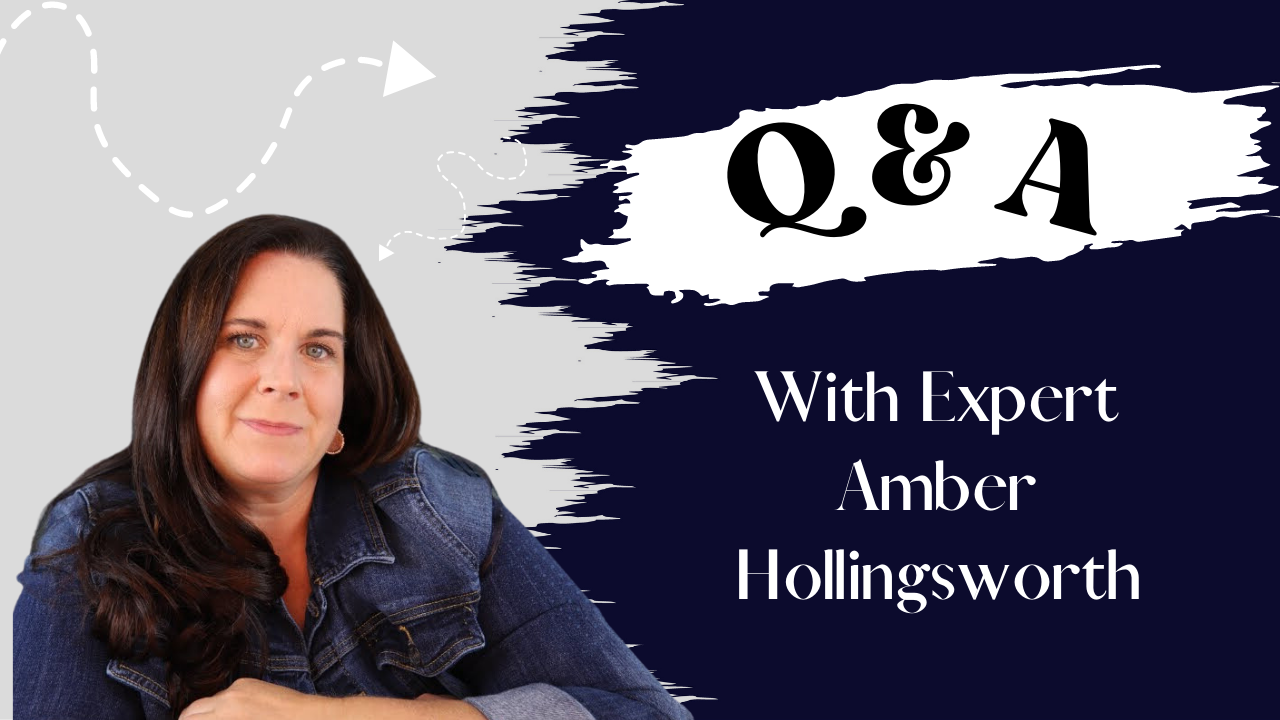Escaping the vicious cycle of addiction- Discover The Solution
In today's world, the struggle with addiction is all too common. Whether you're battling addiction personally or trying to support a loved one on their journey to recovery, it's essential to approach the process with the right mindset. In this blog post, we'll explore a powerful message emphasizing building yourself up rather than tearing yourself down when facing addiction.
Recognizing the Need for a New Approach
Even if you're talking about yourself, you don't need to tear yourself down anymore because, I promise you, addiction has already done enough of that.
Addiction can be relentless in its destructive nature. It chips away at your self-esteem and can leave you feeling defeated. The first step toward recovery is recognizing that your addiction does not define you. Instead of dwelling on self-blame, it's time to build yourself up.
Shifting the Focus to Strengths
What you need is you need to build yourself up enough to realize that you do have the strength to conquer this.
...Confronting The Lies We Tell Ourselves
Calling BS on Ourselves: A Guide to Self-Honesty
It's a skill we all need, especially if you possess the superpower of rationalization. You see, rationalizing can be a double-edged sword. It allows us to see things from multiple angles, which is fantastic when counseling others. However, it can lead us into trouble when we fail to recognize our own dishonesty.
Before we explore a list of questions to help you stay honest with yourself, let me share a rather embarrassing story about a costly mistake I made a couple of years ago.
My Costly Mistake
A few years ago, shortly after the COVID pandemic, our online services had taken off. Around 80% of our client sessions were now virtual. We found ourselves in a massive office building designed for our Intensive Outpatient Program (IOP), with far more space than we needed. Fortunately, we had an open conversation with our landlord about downsizing. He agreed to help us find someone interested in the extra space.
To our delight, he soon ...
How To Know If Someone Is Really In Recovery
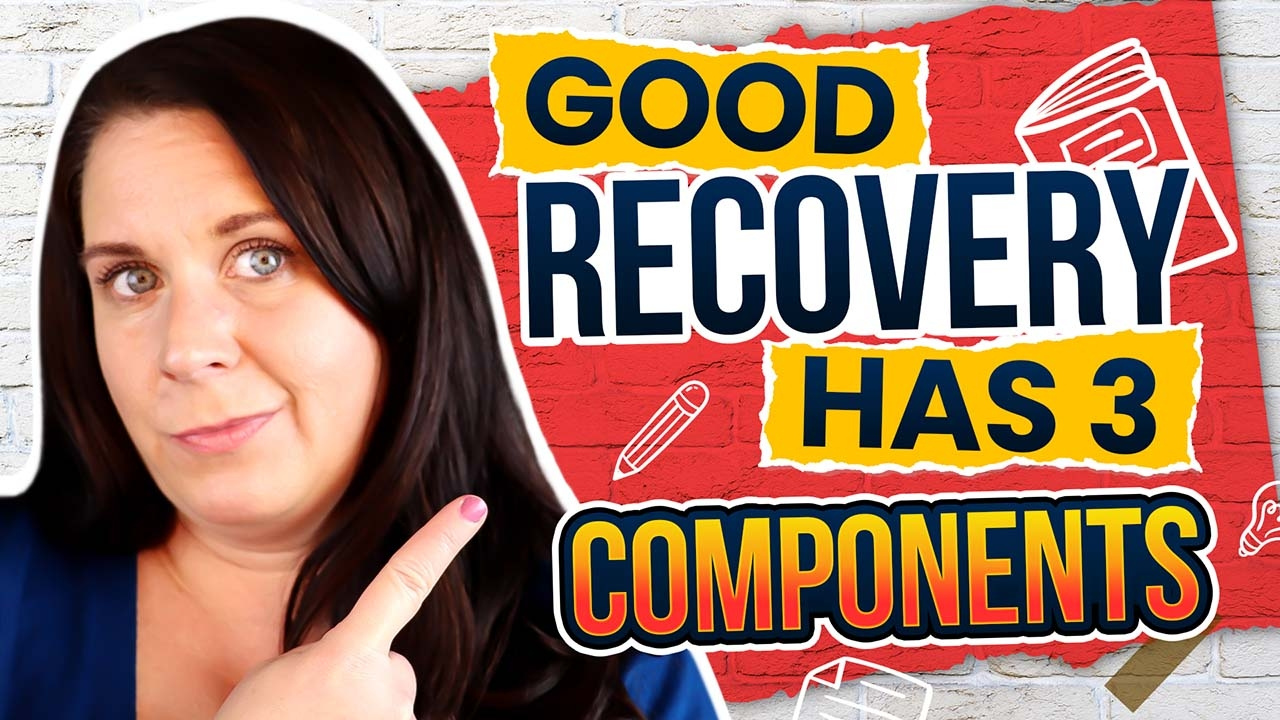
Three Clear Signs of True Recovery: Beyond Abstinence
Welcome to another insightful episode on our journey to understanding addiction and recovery. In this video transcript, we'll delve into the three solid signs that someone is truly on the path to recovery beyond mere abstinence from addictive behavior. Amber Hollingsworth, a seasoned master addiction counselor with over two decades of experience, shares her wisdom and knowledge to help individuals and families navigate the complex terrain of addiction recovery.
The Quest for True Recovery
By the end of this post, you'll know for sure if you or your loved one is solidly in recovery because I will show you the three surefire signs that someone's doing the work. I mean more than just abstaining from addictive behavior. I mean, a person is in recovery—they're healing, growing, and doing the work.
Defining Recovery: Beyond abstinence
The traditional understanding of recovery often centers around abstinence from substance use or ad...
Navigating the Path to Recovery: Do You Have to Keep Going Forever?
Navigating the Path to Recovery: Do You Have to Keep Going Forever?
Recovery is a journey that often raises questions about its duration. Many individuals overcoming addiction ponder how long they must continue attending meetings, therapy sessions, and coaching appointments. This blog post delves into this common concern, providing insights into the reality of the recovery process and offering a perspective that can help individuals embrace self-growth.
Seeking a Fresh Start:
"How long should I keep attending recovery meetings, therapy sessions, and coaching appointments? Do I ever get to just put this behind me?"*
These questions reflect the internal struggle that countless people facing addiction recovery grapple with. Constantly contemplating past mistakes and wanting to move forward can sometimes become overwhelming. If you've ever experienced such thoughts, know you're not alone. The desire for closure and a fresh start is common among those undergoing recovery.
The Reality of ...
Conquer Any Addiction: How To Stay Motivated and Break Free
Mastering Sobriety: The 3 Pillars to Sustain Your Recovery Journey
We're diving deep into something that many of us encounter on this journey – the moments when staying sober feels like an uphill battle. I'm here to shed light on three crucial factors that can make all the difference, inspiring you to stay strong in your commitment to recovery.
1. Cultivating the Right Mindset:
"Your thoughts have the power to shape your reality, even the ones you keep to yourself."
Let's start with mindset – an element that holds immense sway over our emotions and actions. It's crucial to remember that the stories we tell ourselves matter profoundly. Negative self-talk can unknowingly drag us down, keeping us trapped in the cycle of addiction. What's the antidote? It's all about challenging those automatic negative thought processes. When you catch yourself focusing solely on the struggles, try to see the full picture. Yes, there are challenges, but there's also progress – victories, both big and sm...
Uncovering Russell Brand's Secrets to Overcoming Addiction
 Russell Brand: a name that resonates not only in the realms of entertainment and comedy but also in the world of recovery and wisdom. With his multifaceted roles as an actor, comedian, intellectual, poet, author, influencer, and teacher, Brand has transcended his past struggles to become an influential figure in the sphere of recovery. In this blog post, we delve into the profound insights that Russell Brand offers on recovery, exploring how he embodies the principles he preaches and the invaluable lessons we can glean from his journey.
Russell Brand: a name that resonates not only in the realms of entertainment and comedy but also in the world of recovery and wisdom. With his multifaceted roles as an actor, comedian, intellectual, poet, author, influencer, and teacher, Brand has transcended his past struggles to become an influential figure in the sphere of recovery. In this blog post, we delve into the profound insights that Russell Brand offers on recovery, exploring how he embodies the principles he preaches and the invaluable lessons we can glean from his journey.
1. Walking the Walk of Recovery: Russell Brand isn't just a speaker of recovery principles; he's a living embodiment of them. His personal transformation from a "hopeless, hapless, ridiculous drug addict" to an empowered and contributing member of society underscores the potency of recovery. Through his journey, Brand reveals that recovery isn't solely about abstaining from substances; it's about embracing one's authentic self and discovering the bound...
The Real Reason Why People Relapse (it's Not What You Think)
Unmasking Relapse Triggers: Tackling the Sneaky Thought
Let's dig into something that often derails recovery—a deceptive thought that leads to relapse. Join me as we dissect this thought, understand its implications, and arm ourselves with strategies to overcome it.
**1. The Common Factor: The Deprivation Thought:**
Let's cut to the chase. After years of working with individuals like you, I've pinpointed a recurring pattern. Relapse often stems from a simple, seemingly harmless idea: the feeling of being deprived. It's that voice that says life is unfair, you're not getting what you deserve, and it's enough to push you towards relapse. Recognizing and addressing this thought is key in your battle against relapse.
**2. Unveiling Its Forms:**
This thought wears many disguises. One version is the "it's not fair" mindset, where you focus on imbalances in your life. Then there's the more intense "that's not right" variation, ramping up feelings of injustice. You might encounter the "I shou...
How Addiction Makes Good People Do Bad Things
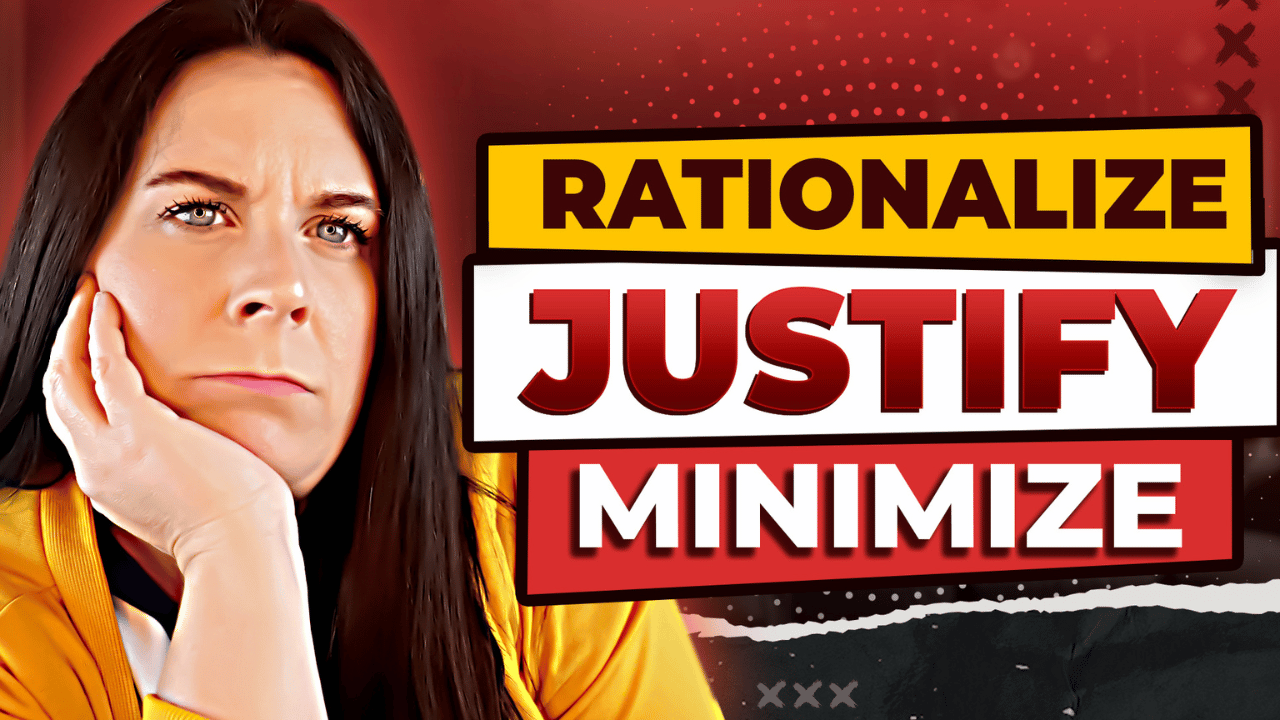
Addiction cunningly entices even the best individuals, leading them astray with false promises, trickery, and delusion. However, addiction will lose control over you once you comprehend these deceitful tactics and see through the smoke and mirrors. You will regain the driver's seat in your own life.
For those new to this channel, I'm Amber Hollingsworth, and I'm dedicated to helping you understand the science and psychology of addiction so that you can stay ahead of it. Today, we will uncover some sneaky and tricky thoughts you must know.
Addiction will deceive you into believing that engaging in addictive behaviors will improve your life. For instance, if it's alcohol, you might convince yourself that it makes you more relaxed, friendly, and pleasant. If it's marijuana, you might believe it enhances your creativity and intrigues you. Or if it's gambling, you may think it will help you provide more for your family by winning a significant sum. Can you see how deceptive this is?
It...
Q&A with Addiction Expert Amber Hollingsworth: Insights and Answers
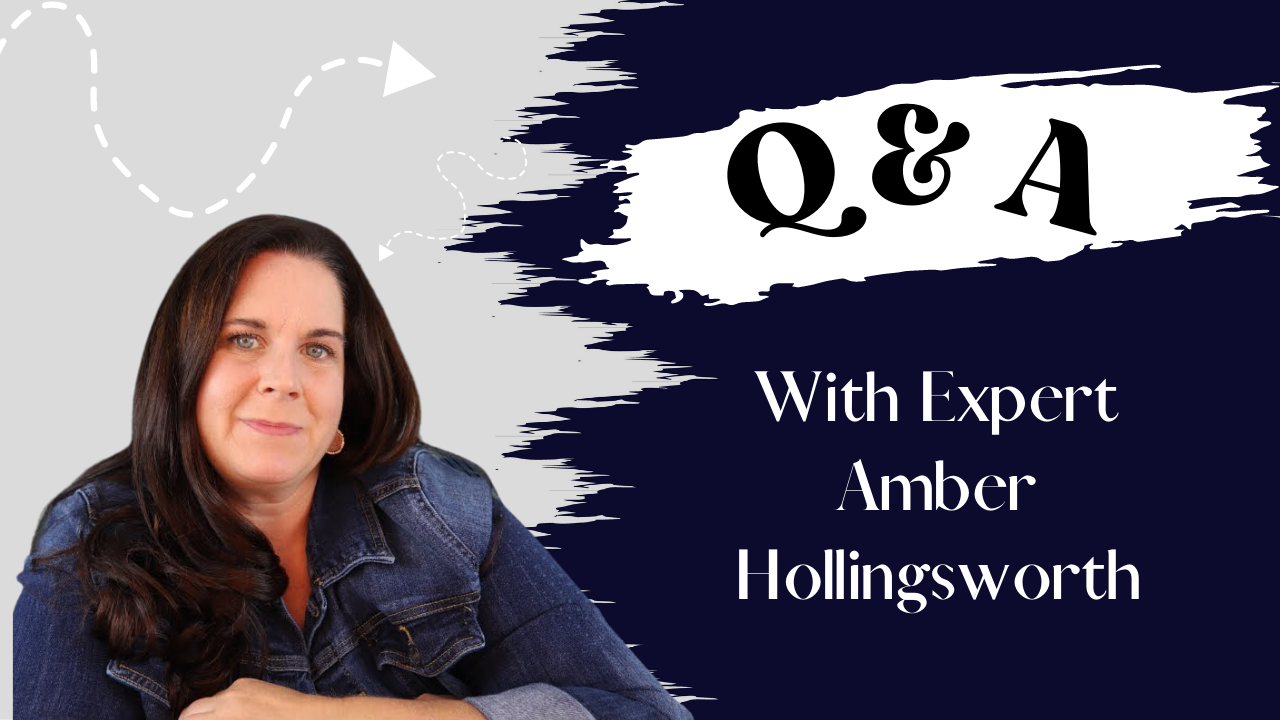
Navigating Relationships with Loved Ones Struggling with Addiction: Expert Advice
Question 1: How do I kindly tell my 31-year-old son in Tennessee that he is not welcome to visit until he can demonstrate that he's not just looking for a new place to live?
Answer: When faced with a situation like this, it's essential to approach the conversation with kindness and understanding. Consider the reasons behind your hesitation to have your son visit – whether it's concerned about him moving back in, causing conflicts, or substance abuse issues. If he asks to visit, you can suggest meeting somewhere neutral, like dinner, to avoid potential complications. If he directly asks to come and stay with you, express your love and support but kindly explain that living together might not be the best option for your relationship. Encourage him to come up with an alternative plan.
Question 2: Recently, my son said adamantly that he would rather commit suicide than go through detox; he uses fentanyl ...
Redefining Parenthood: Navigating Life with an Addicted Child

Reclaiming our lives as parents with children in recovery.
We discussed the need to change our parenting roles to help our children recover from addiction. Today, we will delve into redefining our parenting and adopting a new approach that fosters independence, growth, and empowerment for our children and ourselves. This journey will require grit, determination, and a willingness to let go of our old parenting habits. So, let's explore how we can achieve this and find joy and pride in our parenting and personal lives.
The Unthinkable: Letting Go
One of the most challenging aspects of redefining our parenting role is accepting that we cannot protect our children from the world. As they embark on their recovery journey, we must understand that they must learn to navigate life independently. This can be particularly difficult for parents of children with addictions, as we may have to let go sooner than other parents whose children are in their mid-twenties.
To foster our children's...
